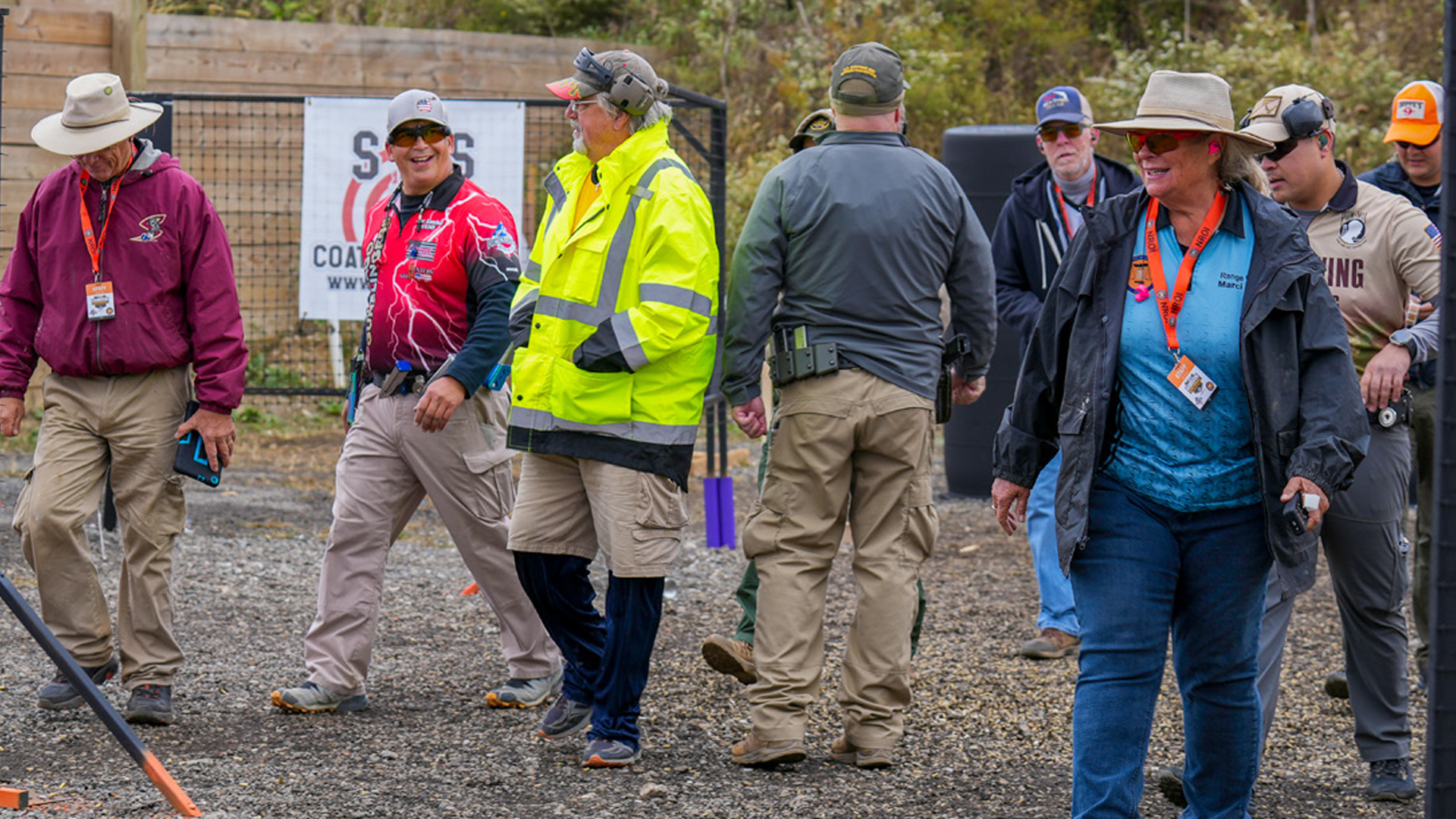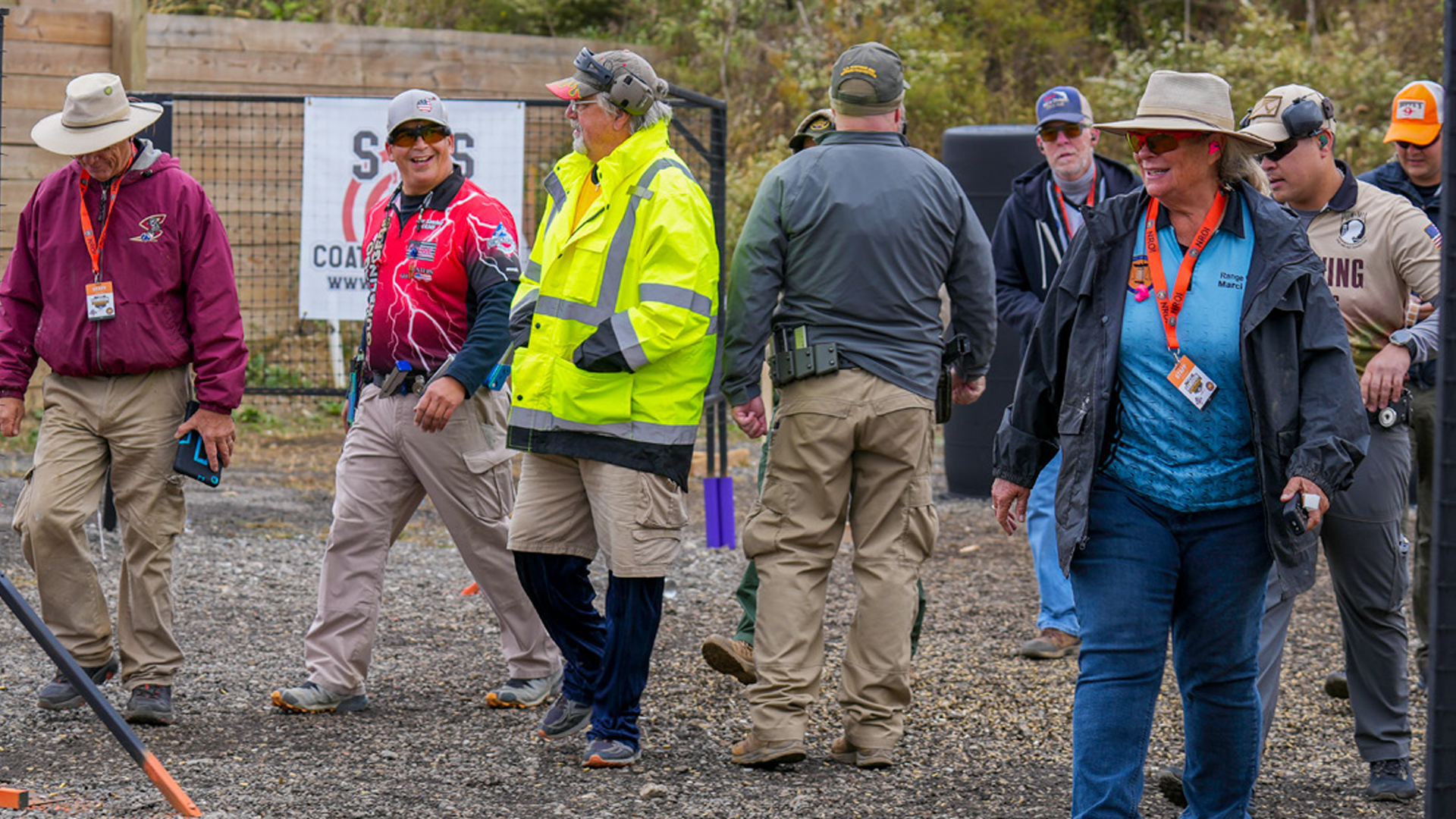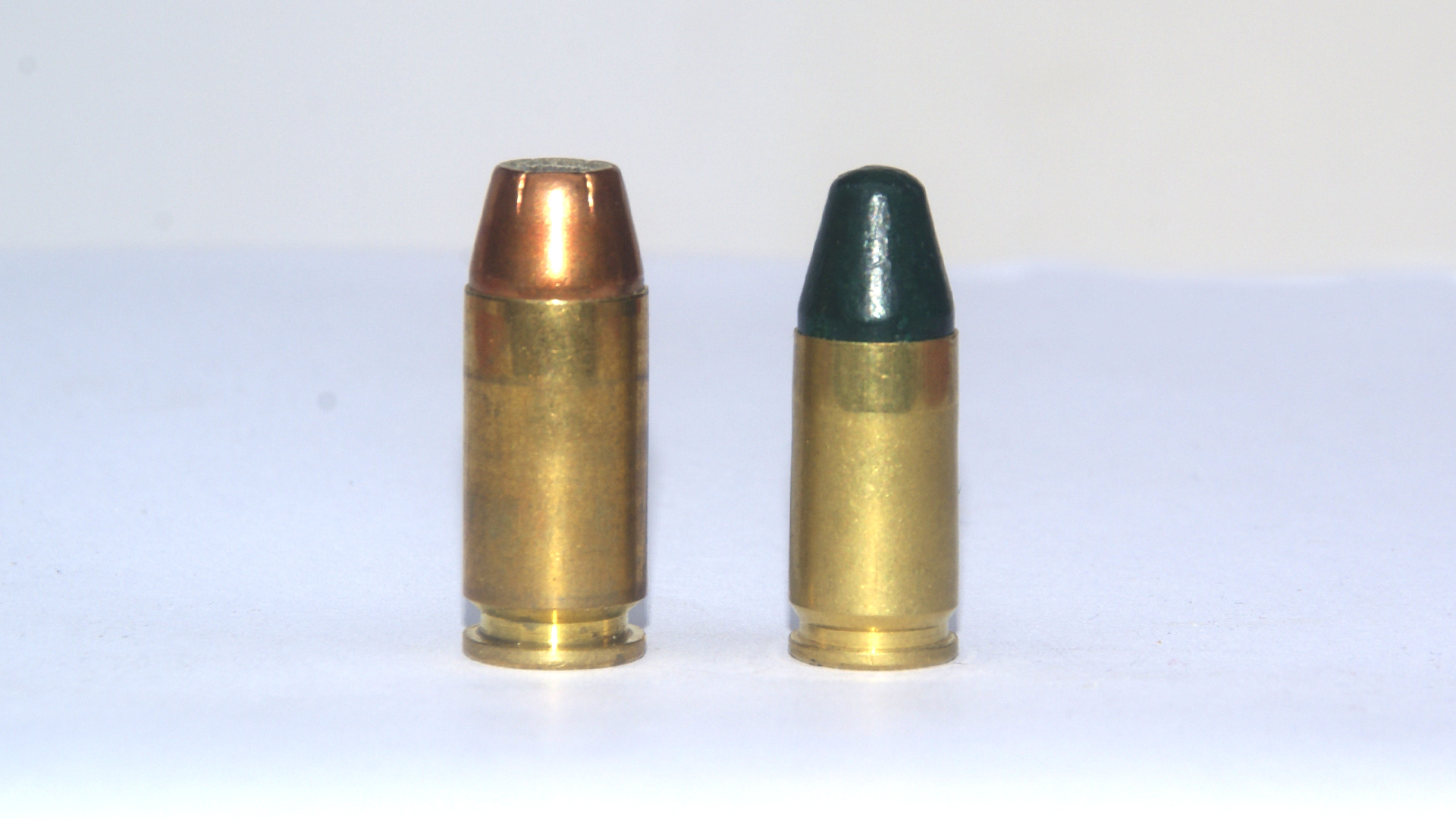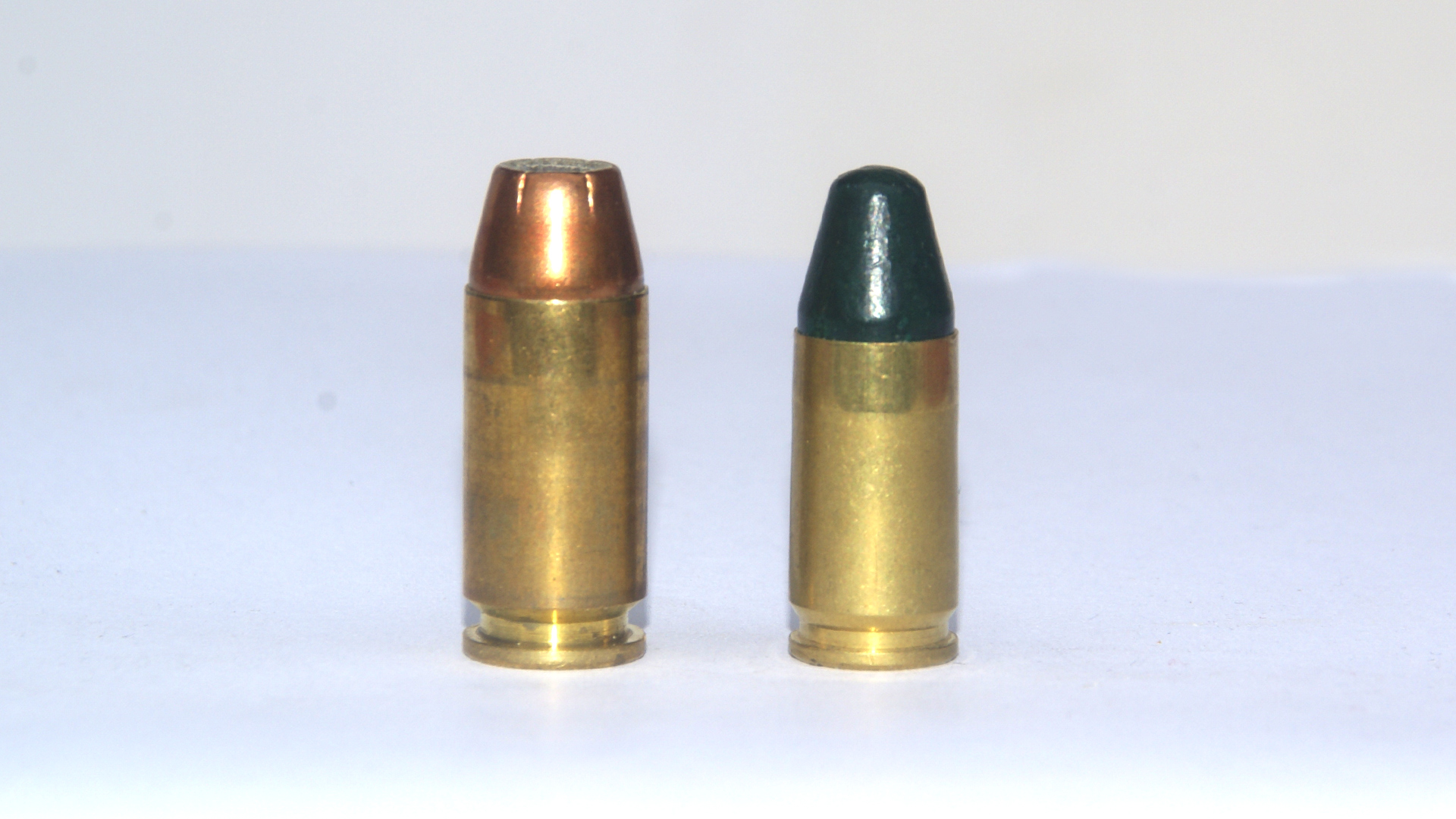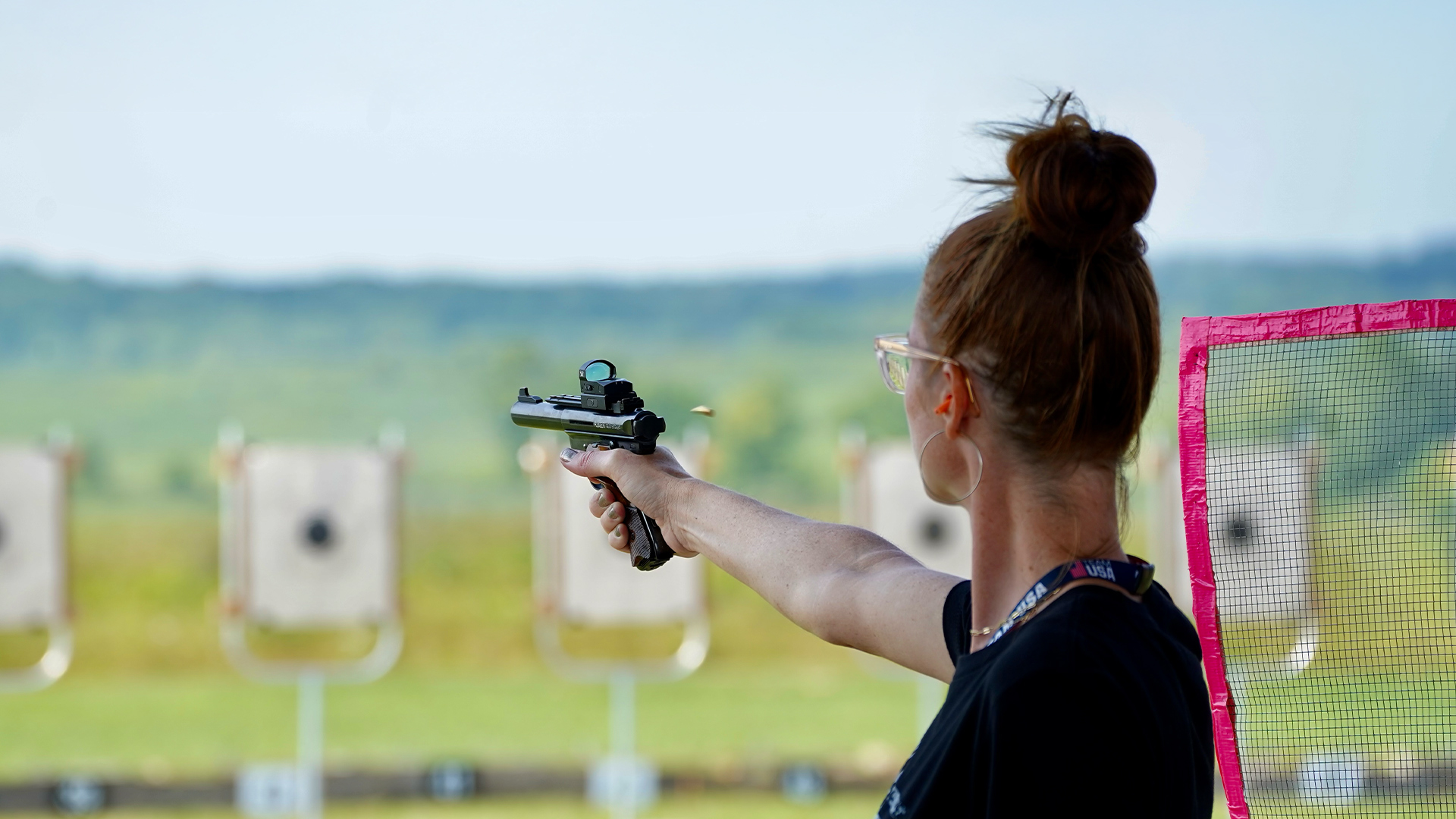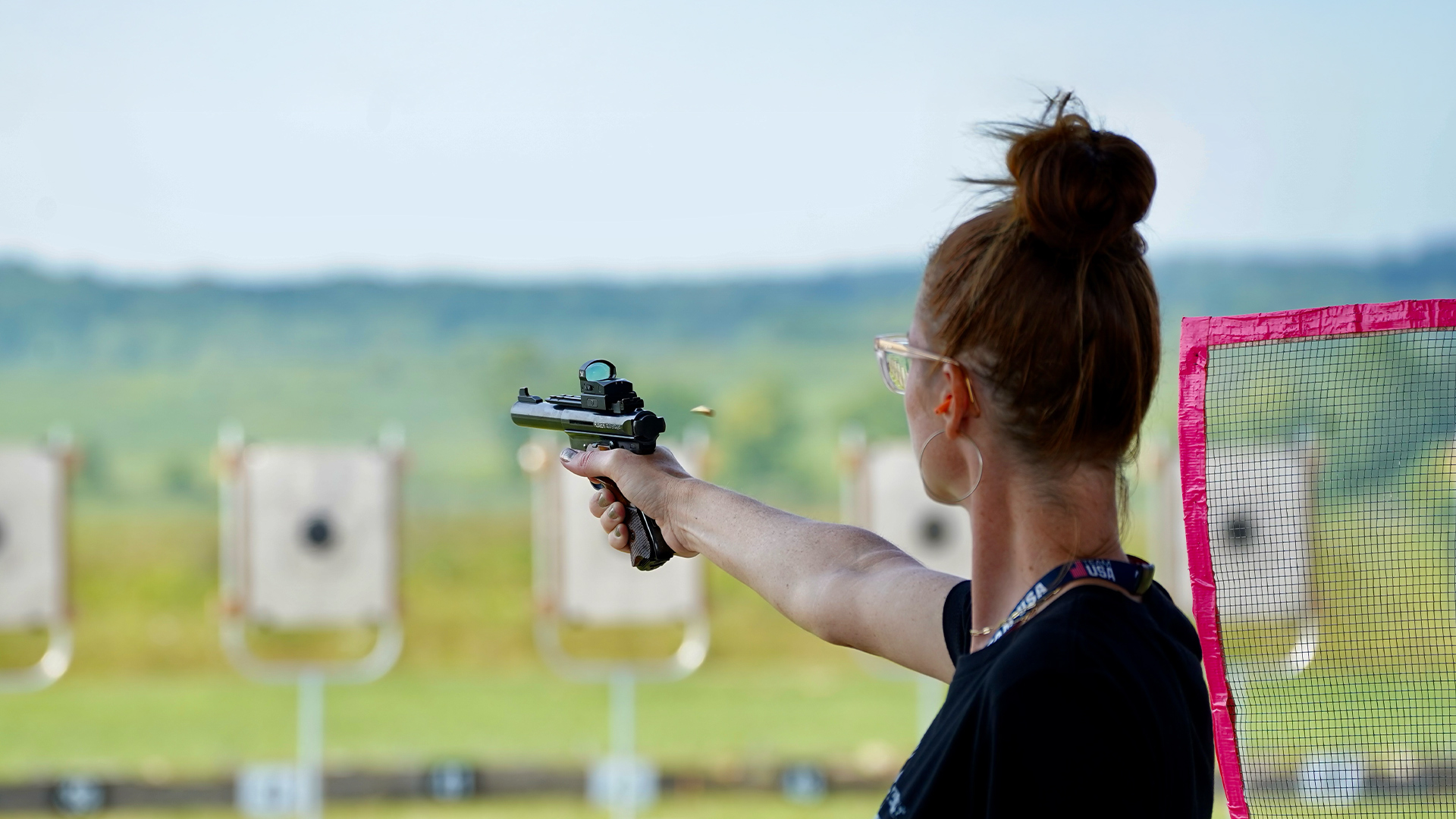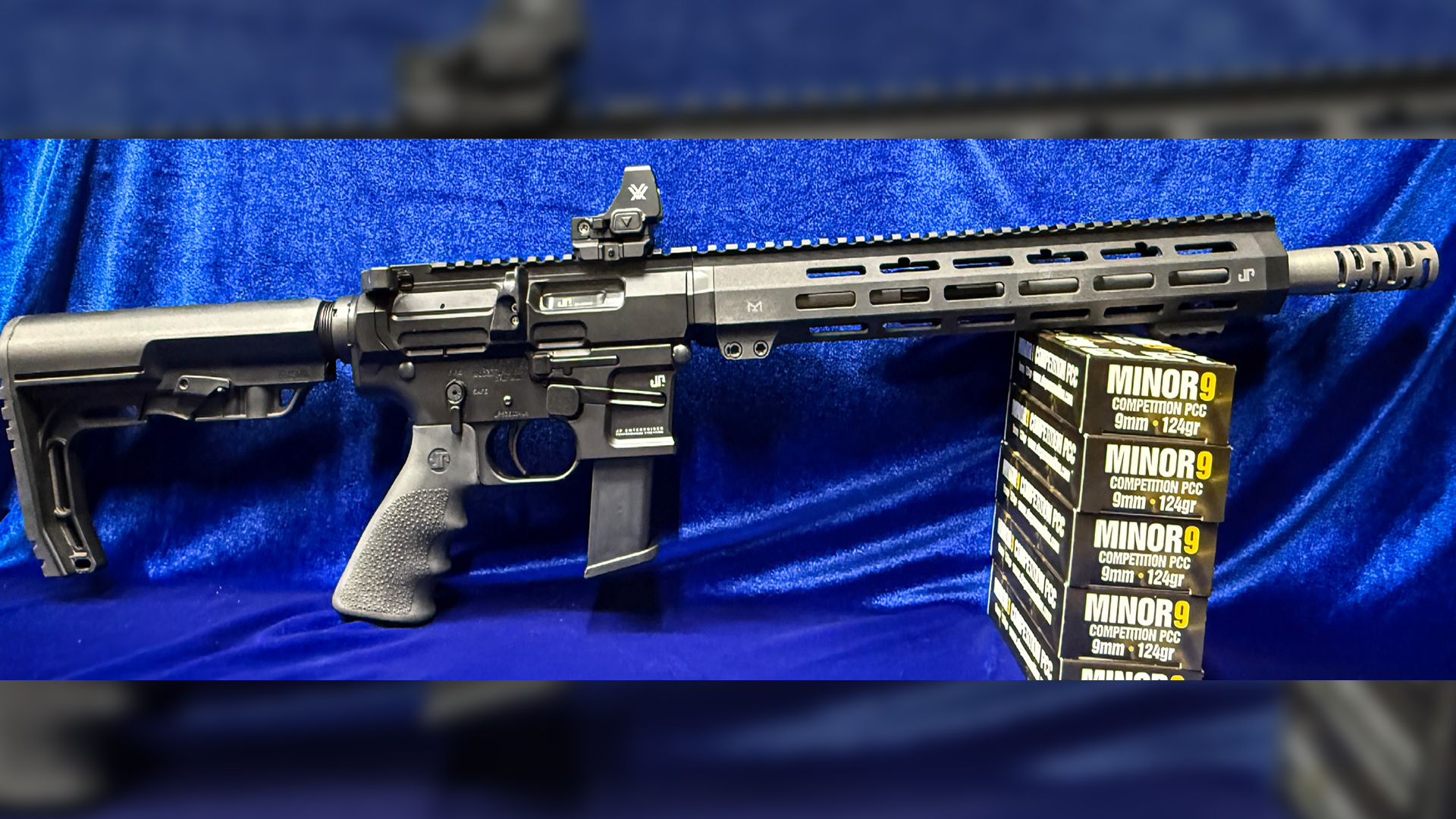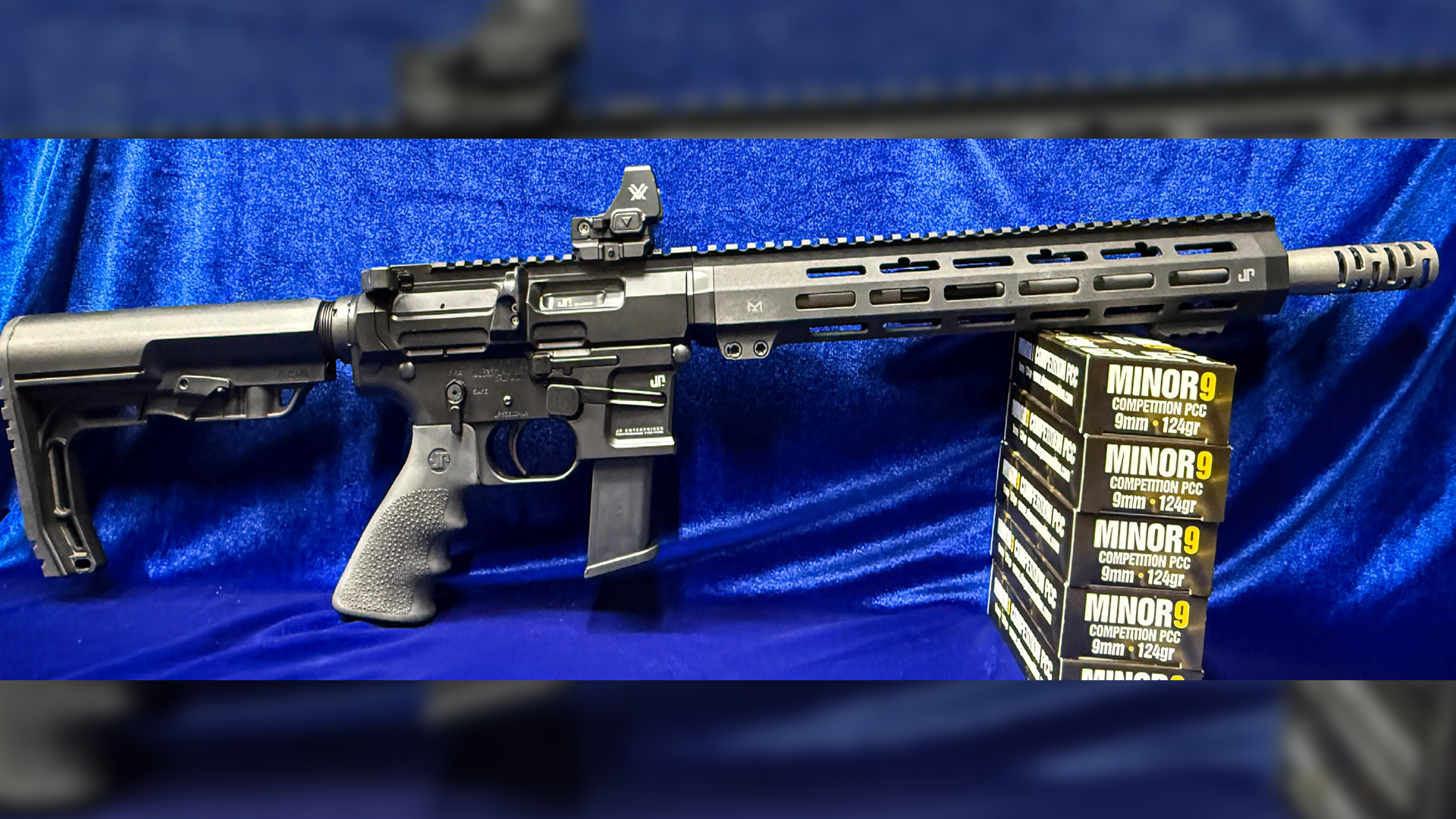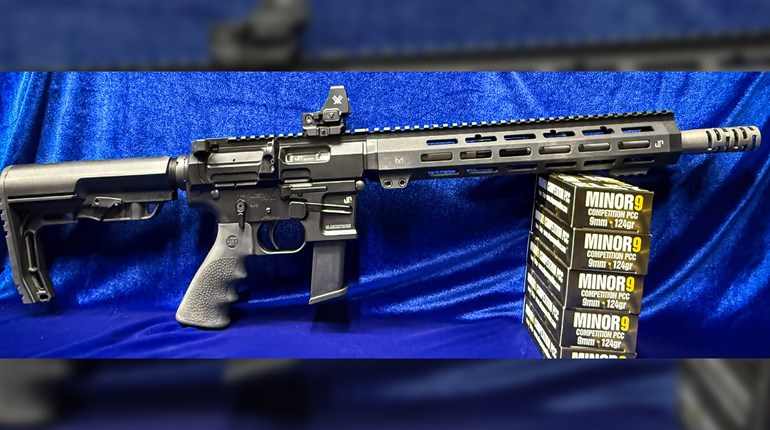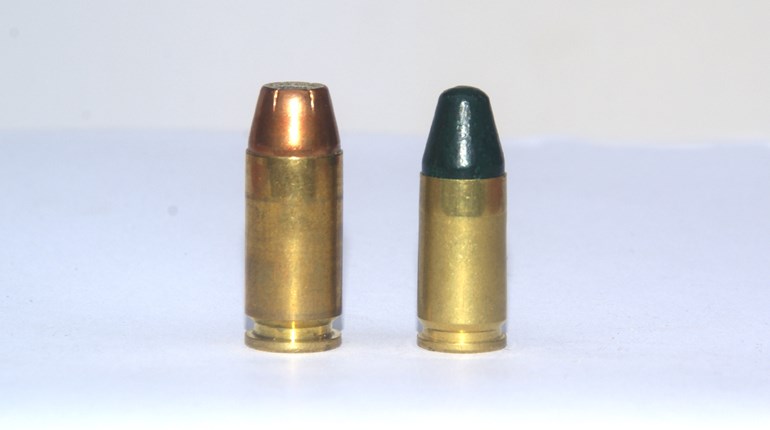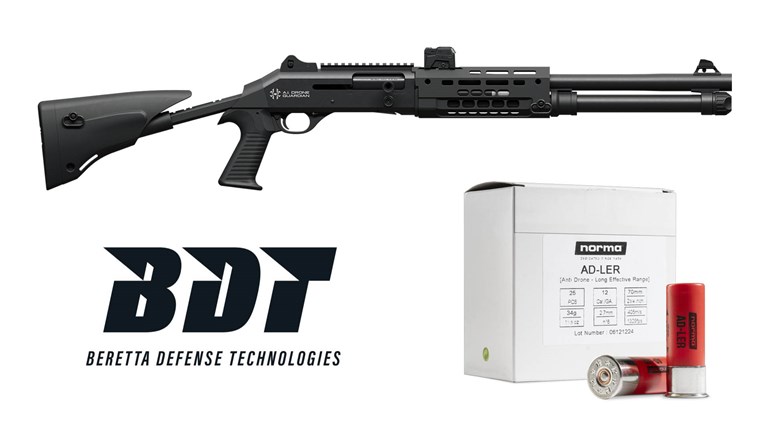
“We have met the enemy and he is us.” —Walt Kelly, “Pogo”
Walt Kelly published that line in his comic strip “Pogo” on at least two separate Earth days to illustrate the human tendency to trash the environment. However, the pithy quote can be used to illustrate any number of human foibles.
Some people (who should know better) within USPSA are stating that all range officials are “out to get” competitors, or that their job on the range isn’t safety, but rather eliminating shooters from the match or beating them over the head with the rules. Nothing could be further from the truth. NROI and USPSA have made great strides in eliminating the “us versus them” attitude that was admittedly prevalent decades ago, when range officials would consider it a notch on their belt to disqualify someone or even to issue several procedurals.
Improvements in the rules, making them significantly more objective, advanced in-person training, new training techniques and a general shift in attitude have removed a lot of “bad actors” from the Range Officer pool. Are there still some range officers who see their job as more of an executioner than a safety officer? Sadly, yes, but their number is small and declining, evidenced by the diminishing number of complaints we receive. Personally, I have seen a dramatic decrease in “us vs. them” attitude in the almost 40 years I’ve been in the sport, with more than 30 years as a range official.
NROI has changed the “us vs. them” culture by encouraging all range officials to be competitors first, that is, shoot more matches and don’t just officiate. Almost all the range officials at the USPSA National Championship matches shoot the competition. This helps them stand in the competitor’s shoes—so to speak—when they must apply a penalty.
In other sports, most notably football, you’ll often hear the announcers state “just let them play ball” when it seems the officials are throwing a lot of flags. While it may seem excessive sometimes, the administrators of that game, at all levels, have taken the potential for serious and long-term injury seriously. Hits to the head, facemasks, hands in the face and unnecessary roughness—all of these are closely scrutinized by officials and should be called, because they can lead to immediate injury and latent health issues later in life. USPSA competition is a sport as well, and while we don’t hit each other, we do run around with loaded guns, so one could assume it’s potentially dangerous.
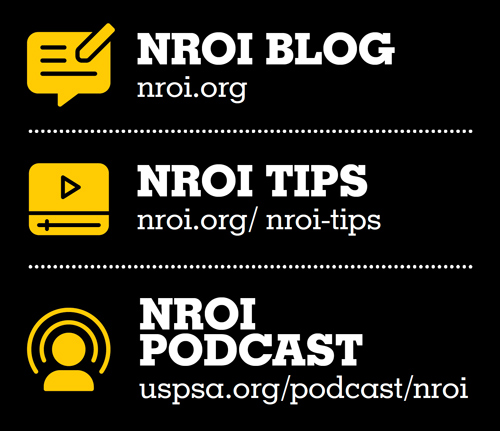
USPSA and SCSA have many safety-oriented rules that range officials must enforce to maintain a safe environment for competition. Additionally, without rules, i.e., structure, there can be no fair competition. That’s what range officials are there for: to ensure safe, fun and fair competition. It’s not (at least it shouldn’t be) personal when someone is penalized for a procedural or stopped for a safety violation, it’s maintaining a safe but level playing field for all. There are avenues of appeal at every shooting match to give competitors an opportunity to protest what they think may be an unfair or unjust decision by a range official. NROI also maintains a discipline procedure for issues that aren’t handled satisfactorily on the range, but the range is the avenue they need to be addressed initially.
Finally, as stated in previous articles, we are all human beings, prone to making mistakes. If you make a mistake, try to fix it, apologize if needed, learn something from it and move on. Experience is often a hard teacher because you get the exam first and the lesson afterward.
Article from the March/April 2025 issue of USPSA’s magazine.

